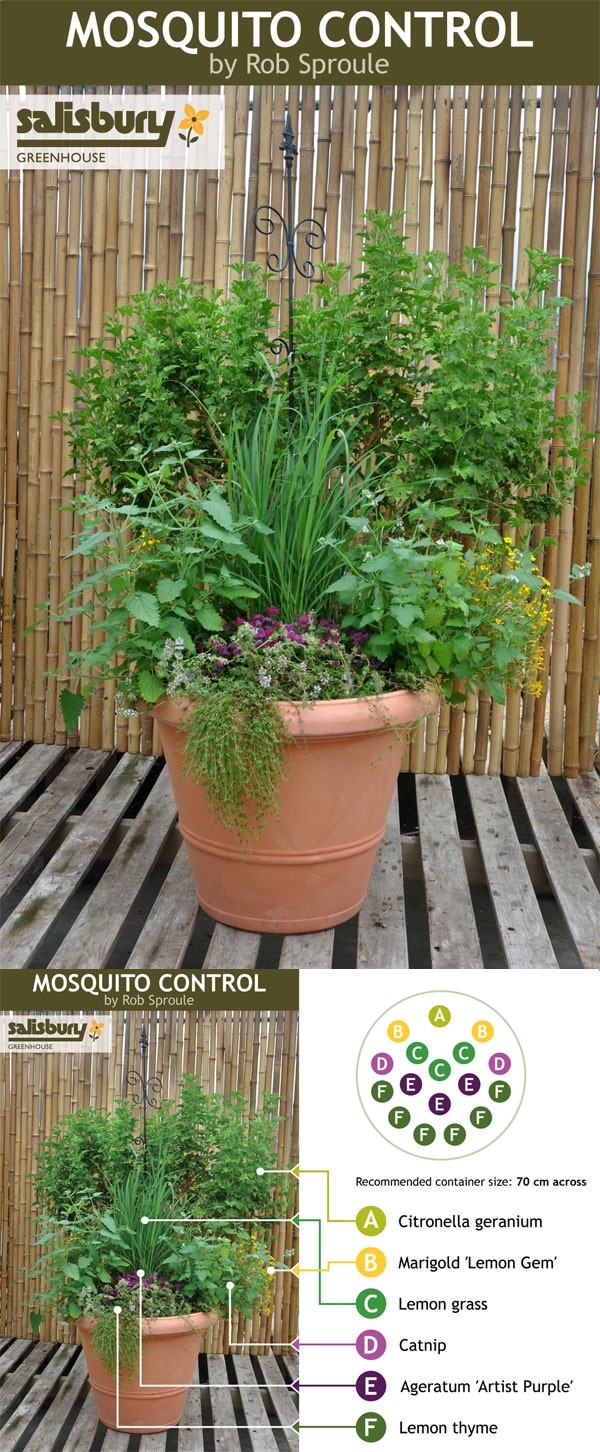Don't let your rabbit be a victim
Myxomatosis & Viral Haemorrhagic Disease.
Vaccination of rabbits is essential as the only effective way of protecting them against the two killer diseases Myxomatosis and Viral Haemorrhagic Disease (VHD).
Yearly vaccination against myxomatosis and viral haemorrhagic disease (VHD), including a full veterinary health check is £58.50
VHD is spread in a wide variety of ways including being airborne. It can survive in the environment for several weeks and is not killed by low temperatures.
The main carrier of Myxomatosis is biting insects, chiefly mosquitoes, which bite infected wild rabbits and then bite our pets, transferring the virus. It overwinters for months in fleas. Do all you can to keep mosquitoes out of your home and garden. If there is standing water, empty it out. If you have a pond, put a small amount of cooking oil into it. This won't harm fish or frogs but will smother mosquito larvae. Plant up an attractive display such as the one shown here which will repel mosquitoes

http://ruggedthuglife.com/2014/02/26/build-a-mosquito-control-container-so-you-can-sit-and-unwind-in-the-evenings-without-dousing-in-deet/
Hang mosquito screens in open doorways and open windows, and across the doorways and windows of bunny sheds too.
If you have other pets that might visit areas where there are wild rabbits, keep them away from your rabbits as they can carry the viruses, especially VHD, on their fur and feet. They may also have picked up fleas that have previously bitten infected wild rabbits. Try to be aware of these illnesses in your areal. If you've been out walking where there may have been wild rabbits, change your shoes and wash your hands as soon as you get home.
These measures will help, but you still need to vaccinate. It's a simple, single injection, repeated once a year after your vet has given your rabbit a thorough health check.
.jpg)
Original article sent to Daisy Street Veterinary Centre from the Rabbit Welfare Association and Fund, March 2014.

.jpg)
